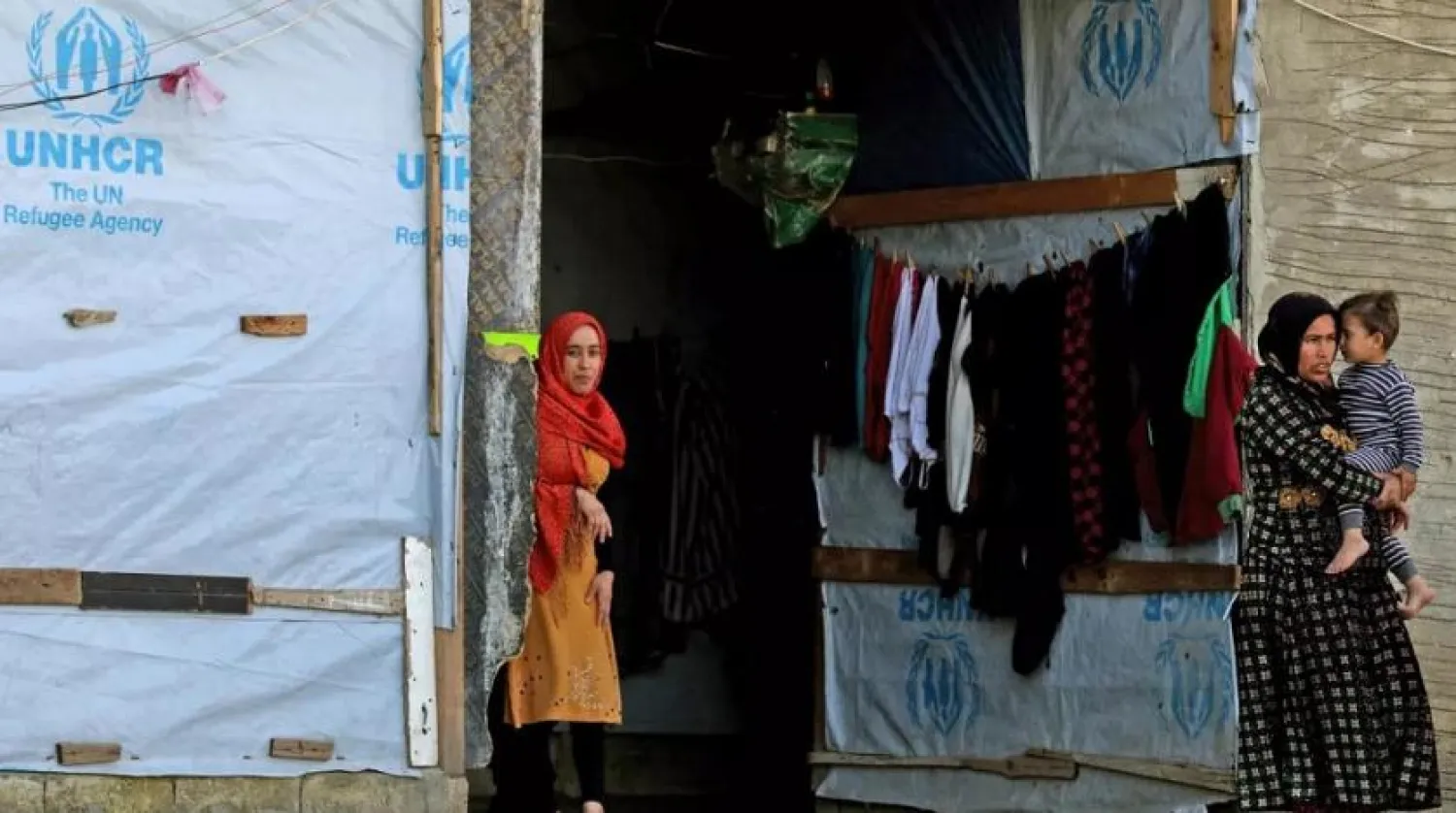Lebanese officials warned on Tuesday that Lebanon is exhausted due to the presence of huge numbers of Syrian refugees on its territories, which has severe impacts on the economy and affects the social fabric.
President Michel Aoun said Lebanon, which holds the highest percentage of displaced Syrians in the world, in relation to its population and small area, has reached a stage of exhaustion as a result of negative repercussions of this displacement and the reluctance of countries to provide aid due to economic conditions.
During a meeting with the new Representative of the United Nations High Commission for Refugees in Lebanon, Ayaki Ito, Aoun called for quick action to facilitate the return of displaced Syrians to their country where vast regions have become safe.
Aoun’s statements came as Lebanon’s caretaker Prime Minister Hassan Diab was attending Tuesday the fifth Brussels Conference on "Supporting the Future of Syria and the Region” via video link.
During the conference, Diab said the Syrian refugee presence in Lebanon is temporary and should not be construed under any circumstances as a local integration.
The PM said that after ten years of war, the prospect for a political solution is not, regretfully, encouraging, while the various problems of the Syrians and the host communities remain pressing.
“The massive Syrian displacement weighs heavily on the economy and already cost our country around $46.5 billion according to the estimate of the Ministry of Finance for the period of 2011-2018,” he said.
Diab told the conference that the displacement continues to affect Lebanon’s social fabric.
“Therefore, with the actual political status quo and the fallout on Lebanon, we believe that the Lebanese government plan for the gradual return of the displaced Syrians, adopted on July 14, 2020 should be given the opportunity to reach its goal with the assistance of the international community,” Diab said.
Speaking at one of the Conference’s panels, Lebanese Minister of Social Affairs and Tourism Ramzi Mcharrafieh cautioned about the social effects that Syrian refugees have on Lebanon.
He warned about tension between Syrian refugees and the Lebanese hosting communities over competition on jobs while the country suffers from its worst economic crisis.
In a study published in 2018, UNDP found that Lebanese and Syrian refugees compete on 32.8 percent of social services, including water, electricity and education.









